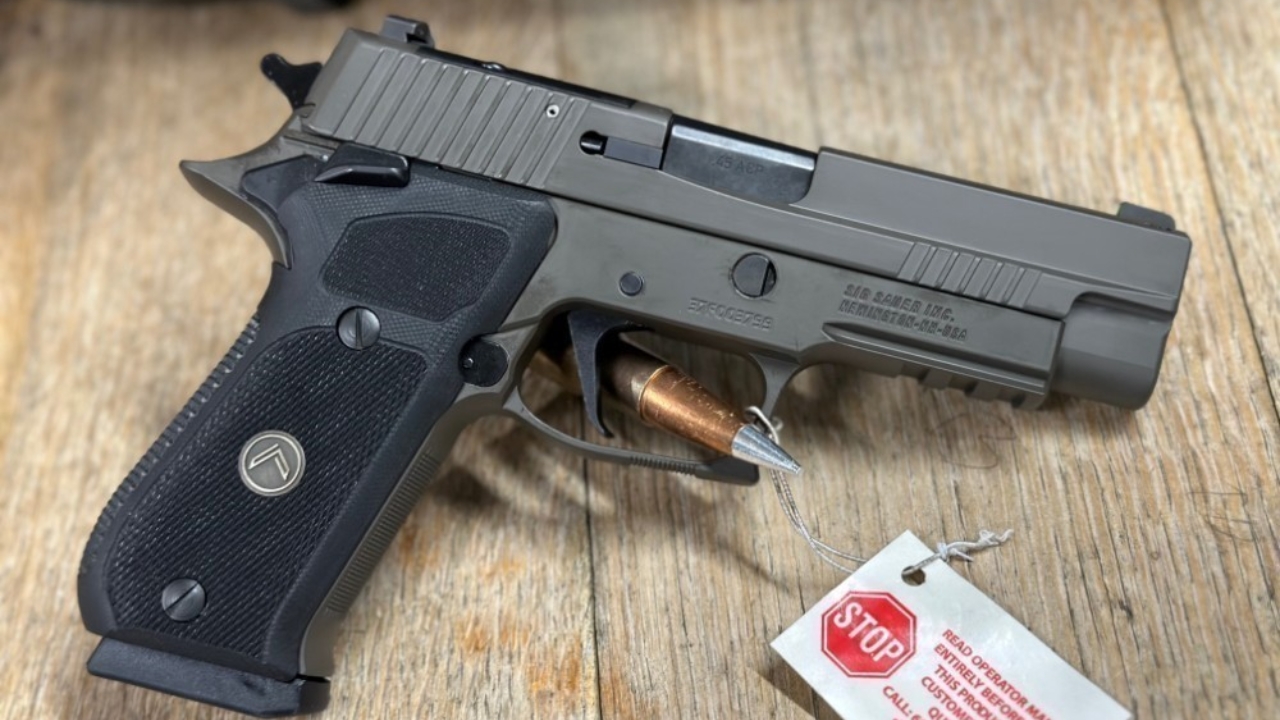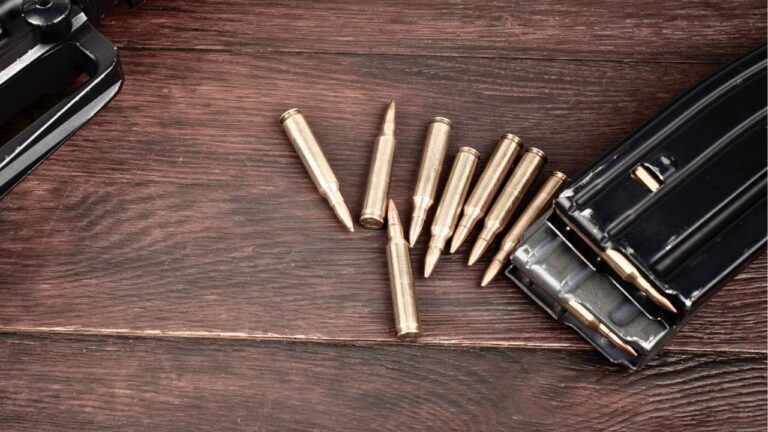Some pistols just keep chugging along no matter how filthy they get, while others start choking after a couple hundred rounds. A lot of it comes down to design, tolerances, and how much dirt or carbon they can handle before things lock up. If you’ve spent any time on the range, you’ve probably seen it firsthand. Some guns run sloppy and happy, others demand constant attention. Here’s a breakdown of why certain pistols shrug off grime—and why others call it quits way too soon.
Loose Tolerances Help Dirty Guns Keep Going

Pistols with loose tolerances often keep running longer in dirty conditions. The extra space between parts means debris doesn’t jam things up as easily. They might not be match-accurate, but they’ll keep cycling when precision guns lock up after a few hundred rounds.
Tight Tolerances Cause Trouble in Dusty Conditions

Tight-fitting pistols can shoot beautifully when clean, but they hate grime. Dust, sand, and carbon build-up can gum up these guns fast. That extra snugness means any small amount of debris can cause failures, especially during high round-count sessions or field use.
Simple Blowback Pistols Are Hard to Stop

Basic blowback pistols tend to run longer when dirty because they don’t rely on locking mechanisms. There are fewer moving parts to foul up, making them great for rough conditions. They’re not ideal for high-powered rounds, but they keep going with minimal maintenance.
Complicated Locking Systems Add Failure Points

Pistols with complex locking systems—like rotating barrels or delayed blowback—can be more prone to malfunctions when dirty. More parts moving in sync means more places for grime to get in the way. They shoot smooth when clean but can stumble after a few boxes of ammo.
Larger Ejection Ports Help Eject Dirty Brass

Guns with bigger ejection ports usually run cleaner longer. Spent brass can clear out more easily, even if it’s caked in carbon. Smaller ports, on the other hand, can get clogged up or cause stovepipes when gunk builds up around the chamber.
Stronger Recoil Springs Power Through Debris

Some pistols are designed with strong recoil springs that can muscle through minor fouling. They slam the slide forward with enough force to chamber rounds even when dirty. Softer-sprung guns might start to hiccup quicker once the action slows down from grime.
Quality Ammo Makes a Huge Difference

Dirty ammo can gunk up even reliable pistols quickly. Low-quality rounds tend to leave more residue, which builds up fast in tight spaces. Cleaner-burning ammo keeps the action moving smoothly for longer stretches, especially during high-round-count range sessions.
Some Pistols Just Have Proven Track Records

At the end of the day, some pistols simply have a reputation for running dirty. Glocks, Makarovs, and certain older military pistols earned their status for a reason. Others, especially newer or fancier designs, often need more frequent cleanings to stay reliable.
*This article was developed with AI-powered tools and has been carefully reviewed by our editors.






